Introduction
Google Advanced Data Analytics Certificate
Overview
The Google Advanced Data Analytics have seven courses.

Course 1: Foundations of Data Science
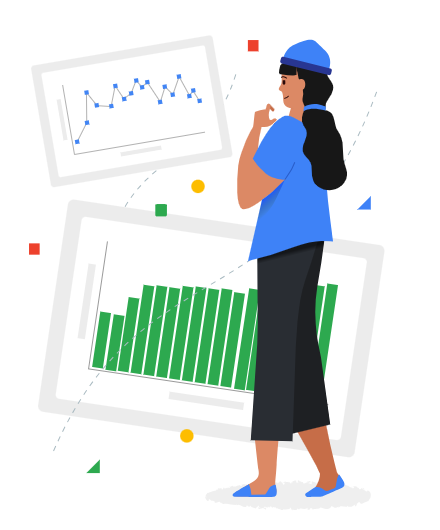
- Describe data science and its functions within an organization
- Identify tools used by data professionals
- Articulate the value of data science in organizations
- Investigate career opportunities for a data professional
- Explore data professional workflow
- Develop effective communication skills
Course 2: Get Started with Python

- Define what a programming language is and why Python is used by data scientists
- Create python scripts to display data and perform operations
- Manipulate and create strings, lists, dictionaries, and dataframes
- Import and use Python modules to access powerful functions and methods
- Demonstrate object-oriented programming using classes and objects
Course 3: Go Beyond the Numbers: Translate Data into Insights
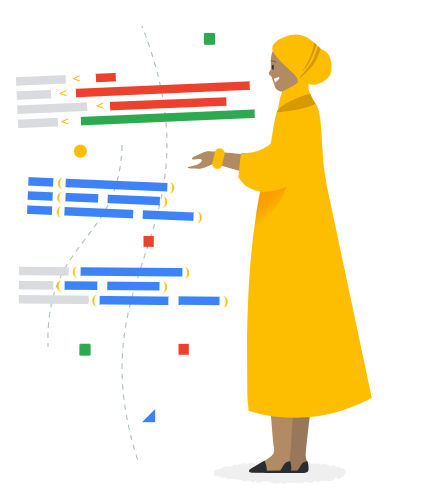
- Explain the process of exploratory data analysis (EDA)
- Apply Python tools to examine raw data structure and format
- Use relevant Python libraries for cleaning raw data
- Apply input validation skills to a dataset using Python
- Create visualizations using Tableau that tell the story of a dataset
Course 4: The Power of Statistics
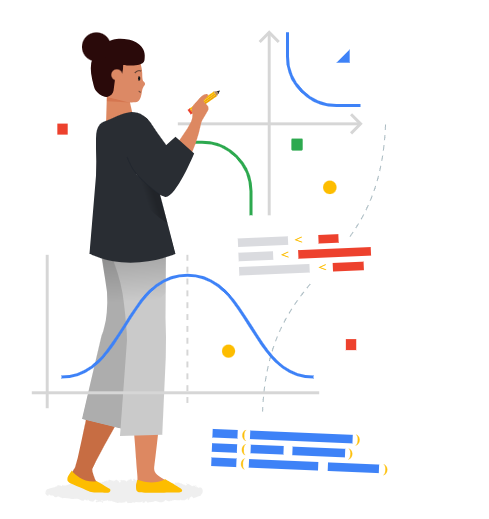
- Use descriptive statistics to summarize and explore data
- Apply basic probability concepts and probability distributions to analyze data
- Explain the theory, methods, and applications of sampling in inferential statistics
- Construct and interpret confidence intervals
- Perform and interpret hypothesis tests
Course 5: Regression Analysis: Simplify Complex Data Relationships
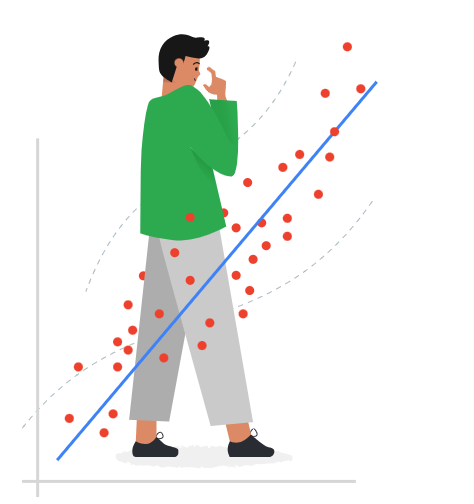
- Understand relationships in datasets based on PACE
- Practice modeling simple and multiple linear regression
- Practice modeling binomial logistic regression
- Identify model assumptions
- Perform model evaluation and interpretation
Course 6: The Nuts and Bolts of Machine Learning
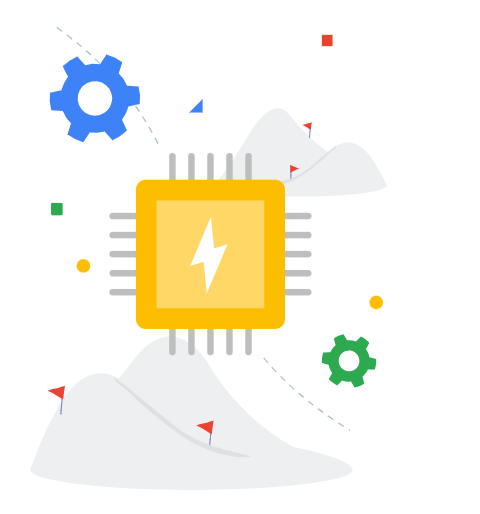
Identify characteristics of the different types of machine learning
Recognize common IDEs, resources, and libraries
Learn how to prepare data for modeling
Build and evaluate supervised and unsupervised learning models
K-means and other clustering models
Different classification techniques such as decision trees, random forests, and gradient boosting
Course 7: Google Advanced Data Analytics Capstone

- Develop a capstone project that applies skills learned from previous courses
- Examine data to identify patterns, trends, issues, and more
- Create models using machine learning techniques
- Compose data visualizations
- Review career resources